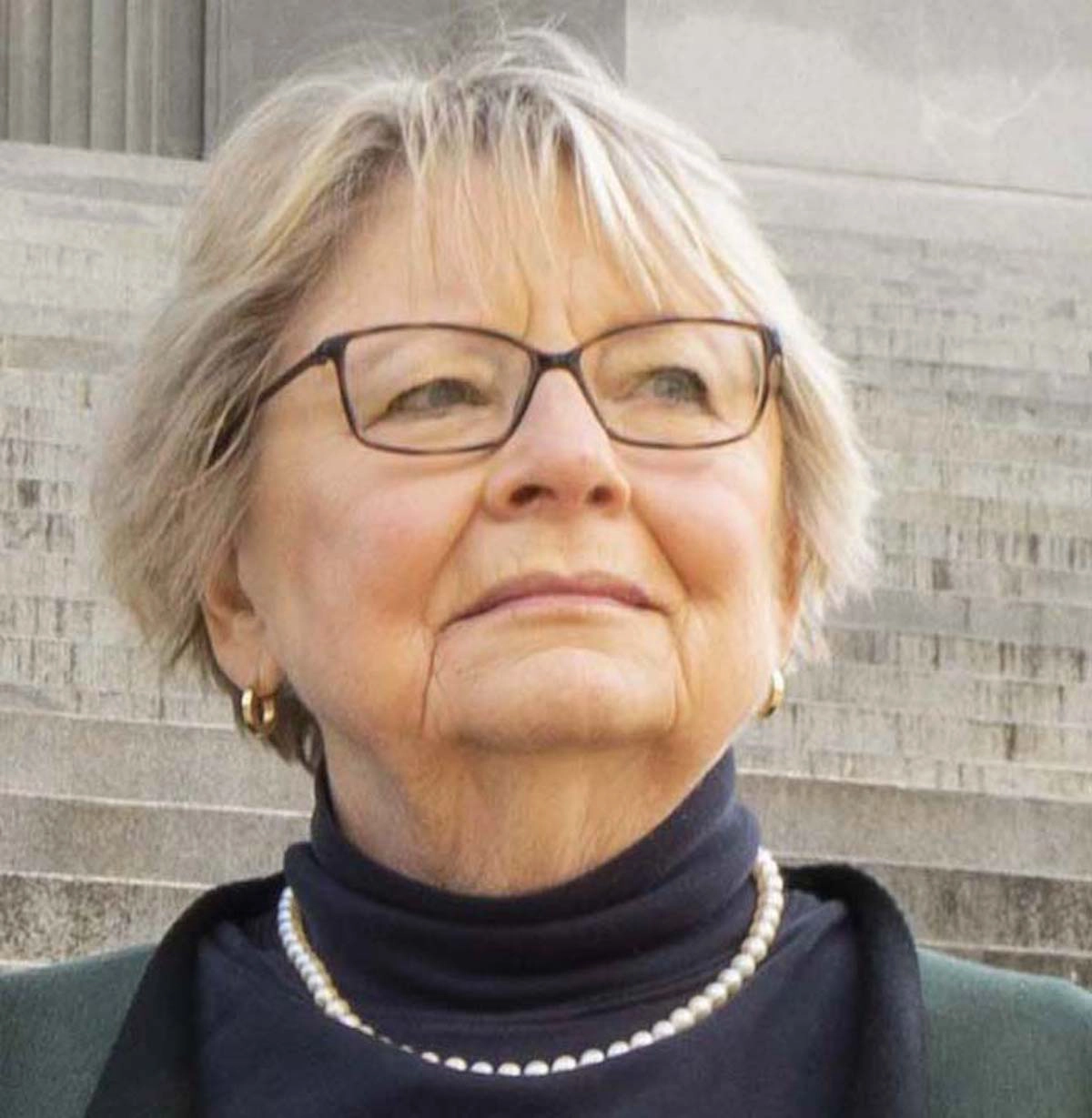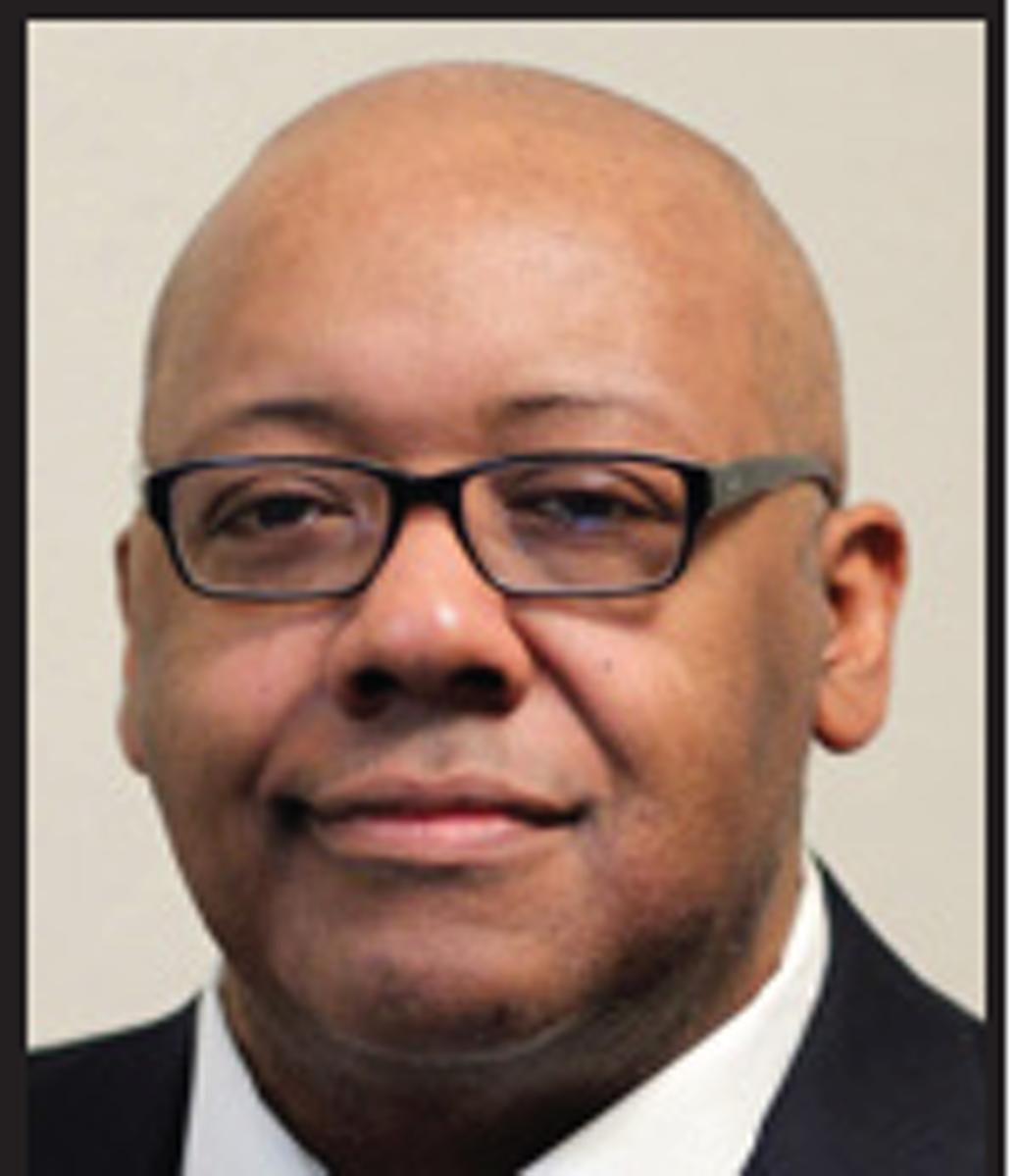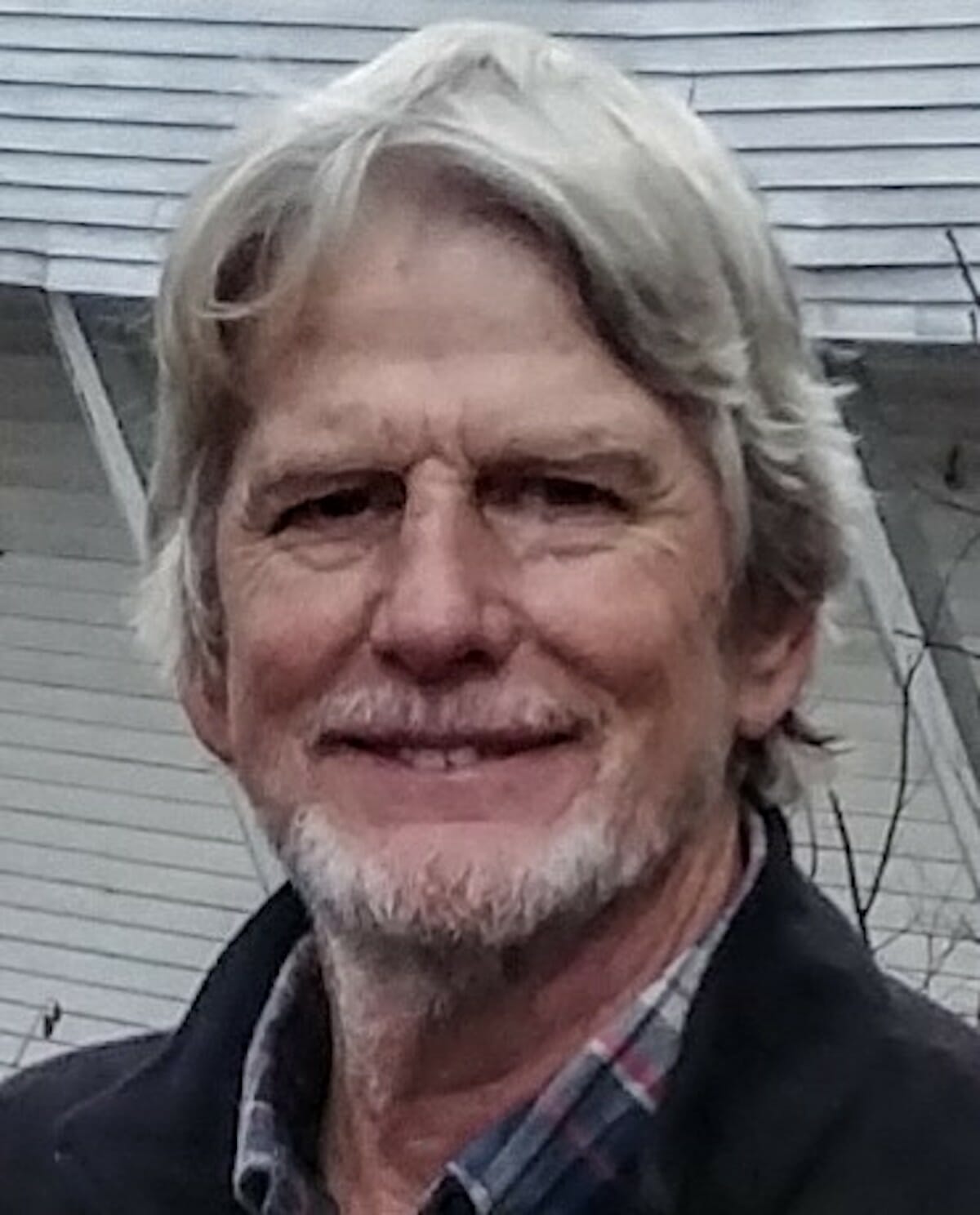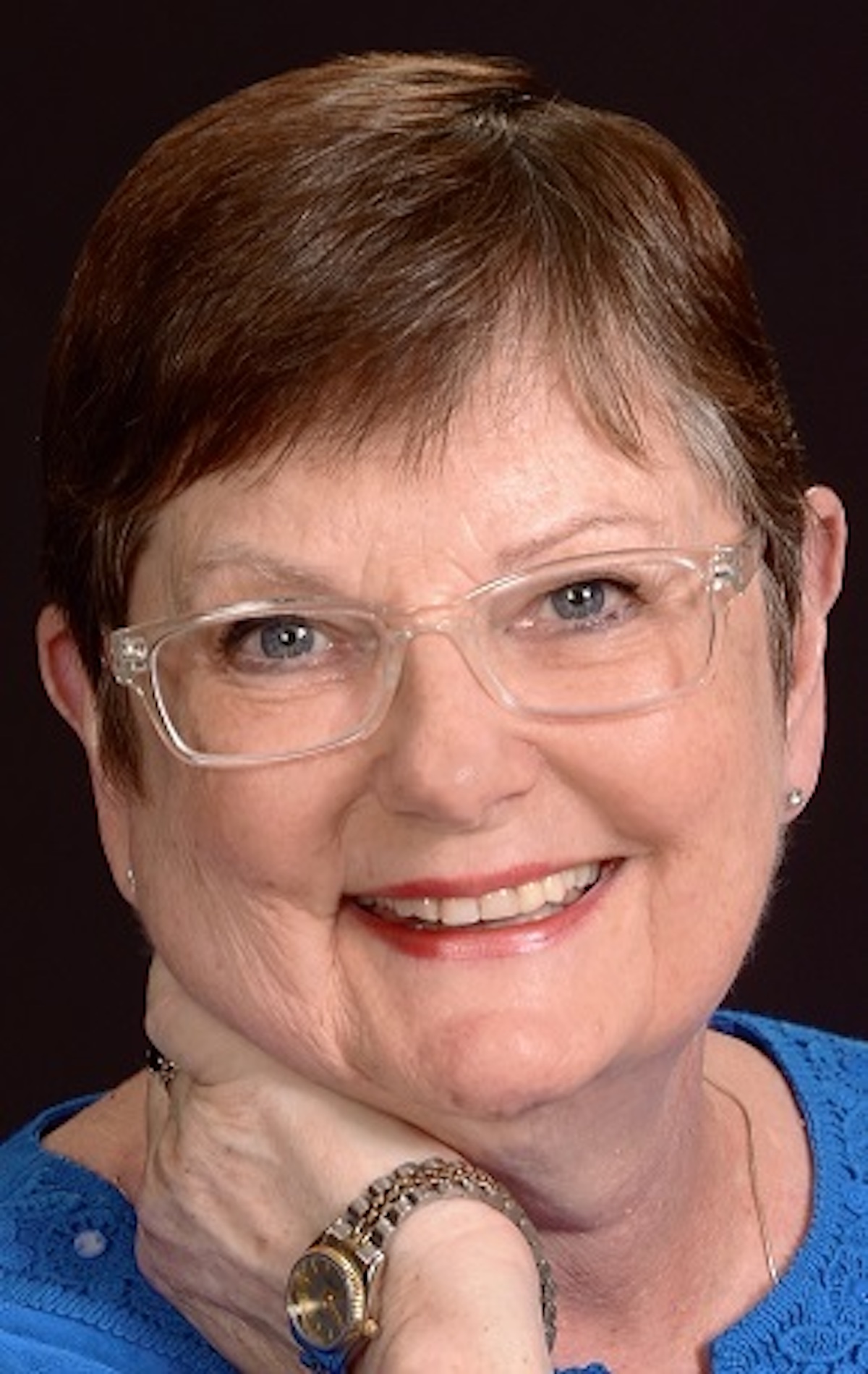
By Lynn Teague
In his resignation from the South Carolina Public Service Commission, Tom Ervin raised very important points about the legislation now being fast-tracked through the House of Representatives.
The bill would not only support a gas generating facility at Canadys but also completely rework the sound regulatory framework established after V. C. Summer. The League of Women Voters of South Carolina testified in House subcommittee against this bill.
The League is an all-volunteer organization that advocates on a range of issues, with a special focus on good government.
We advocated for regulatory reform over several years leading up to and following the V. C. Summer project collapse. We have been told repeatedly that the current situation is not similar to the sad history around the Base Load Review Act and V. C. Summer, but the evidence points toward some very important parallels that must be acknowledged.
The League recognizes that South Carolina badly needs expanded sources of energy.
This is extremely important.
We just don’t want to get there by going down a path similar to past mistakes.
H. 5118 parallels that past because in many ways it depends on utilities to speak and act in the public interest without adequate guardrails. Utility regulation exists because acting in self-interest is an unavoidable temptation of monopolies. It takes a fair but strong regulatory system to ensure that the interests of both the public and utility shareholders and executives are protected.
Unfortunately, H. 5118 would make the following mistakes. It would:
• Limit the topics raised by the public in hearings that the Public Service Commission can consider in their decisions;
• Tell commissioners to give extra weight to the testimony of utilities; essentially directing the commission to make evaluations favoring utilities rather than evaluating evidence using the expertise for which they were appointed;
• Add extra consideration for utilities’ bottom lines while adding nothing to protect ratepayers;
• Return the Office of Regulatory Staff’s mission to the impossible conflicting demands that existed before reforms following V. C. Summer;
• Add restrictive deadlines to commission decision-making, rushing the public hearing process;
• Allow utilities to proceed with the construction of certain facilities even before obtaining permission from the regulatory commission;
• Remove the consumer advocate as a participant in commission proceedings;
• Send appeals of commission orders and decisions directly to the state Supreme Court, which would have no record of lower court proceedings, potentially overwhelming that body;
• Permit ex-parte communication between the commission and utilities — and only utilities — with terms only restricting those communications to such very broad topics as “planning” and “projects.”
The last of these flaws provides an excellent illustration of how dangerous the proposed changes are.
Other interested parties have no part in the communication and thus no opportunity to be assured of full knowledge of the content of the communication and no chance to respond or in any way contribute to the conversation.
The Public Service Commission conducts quasi-judicial proceedings. It is universally acknowledged that single party ex-parte communication in judicial proceedings is an open invitation to bias and even outright corruption. We were told by an official several years ago the Office of Regulatory Staff was created in part because ex-parte communication between utilities and the commission had led to abuses, as would be expected when this behavior is permitted in a judicial or quasi-judicial proceeding.
Finally, and more broadly, we question the appropriateness of the General Assembly “encouraging” particular projects that are subject to regulatory review. This is a very heavy thumb on the scales of the regulatory process.
Let South Carolina’s very competent regulatory agencies do their work, informed by diverse sources of input and by the expertise for which they were appointed.
Commissioners and their staff have the depth of technical understanding necessary to objectively evaluate the evidence before them and reach sound decisions. The utilities are granted monopolies and in return should expect to function within a robust regulatory framework. The bill would compromise that.
Lynn Shuler Teague was born in Orangeburg, grew up in Columbia, and moved to New Mexico in 1968. She is a professional archaeologist and was on the faculty of the Arizona State Museum at the University of Arizona for many years. She and her husband returned to South Carolina when they retired. Since 2012, she has served as a vice president of the League of Women Voters of S.C. and volunteer League lobbyist at the Statehouse, working especially on the voting and election issues central for the League. She has directed the League’s work on redistricting since 2017.








